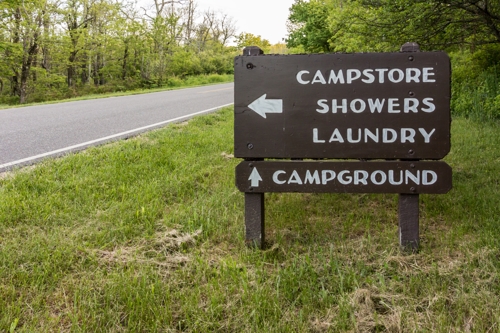
In G* v B* L* Camp, Inc., the plaintiff, PG, alleged that in the early 1980s, while attending a summer camp operated by the defendant, he was sexually abused by two unidentified counselors. The case hinged not only on the substantive question of whether the camp breached its duty of care, but also on procedural disputes over discovery and prosecution timelines.
The court emphasized that entities entrusted with the care of children—such as summer camps—owe a duty of supervision akin to that of a reasonably prudent parent. The defendant’s motion for summary judgment was denied by the Kings County Supreme Court because "triable issues of fact" had not been eliminated. Specifically, the court found unresolved questions about whether the camp permitted counselors and campers to shower together, whether such conduct was typical, and whether any formal policies existed at the time. On appeal, the Appellate Division, Second Department, agreed that these ambiguities, particularly in the context of a 10-year-old child allegedly left vulnerable in a shared showering environment, precluded dismissal as a matter of law.
Equally significant was the court’s treatment of the defendant’s procedural maneuvers. The camp had issued a 90-day demand under CPLR 3216, seeking dismissal for failure to prosecute. However, the plaintiff had actively pursued discovery, including a cross-motion to compel documents referenced during a deposition. The AD2 reiterated that CPLR 3216 is a permissive—not mandatory—mechanism, and that dismissal is inappropriate absent a clear pattern of neglect. Here, the plaintiff’s conduct reflected diligence, not delay.
The AD2 also affirmed the motion court's discretion in granting the plaintiff’s request to compel discovery. Citing CPLR 3101(a), the panel underscored the broad scope of discovery in civil litigation, particularly in cases where institutional knowledge and historical practices are central to the claim. The documents sought were deemed “material and necessary,” and noted that that even information leading to inadmissible evidence may be discoverable if it bears on a party’s claims or defenses.
This case illustrates the judiciary’s sensitivity to the complexities of litigating decades-old abuse claims. It reinforces that defendants cannot short-circuit discovery or evade scrutiny through procedural technicalities when factual disputes remain unresolved. The decision also reaffirms the courts’ role in ensuring that survivors of childhood abuse have a meaningful opportunity to pursue justice, even when the alleged misconduct occurred long ago.
There's clearly no scrubbing away the past ....
# # #
DECISION
